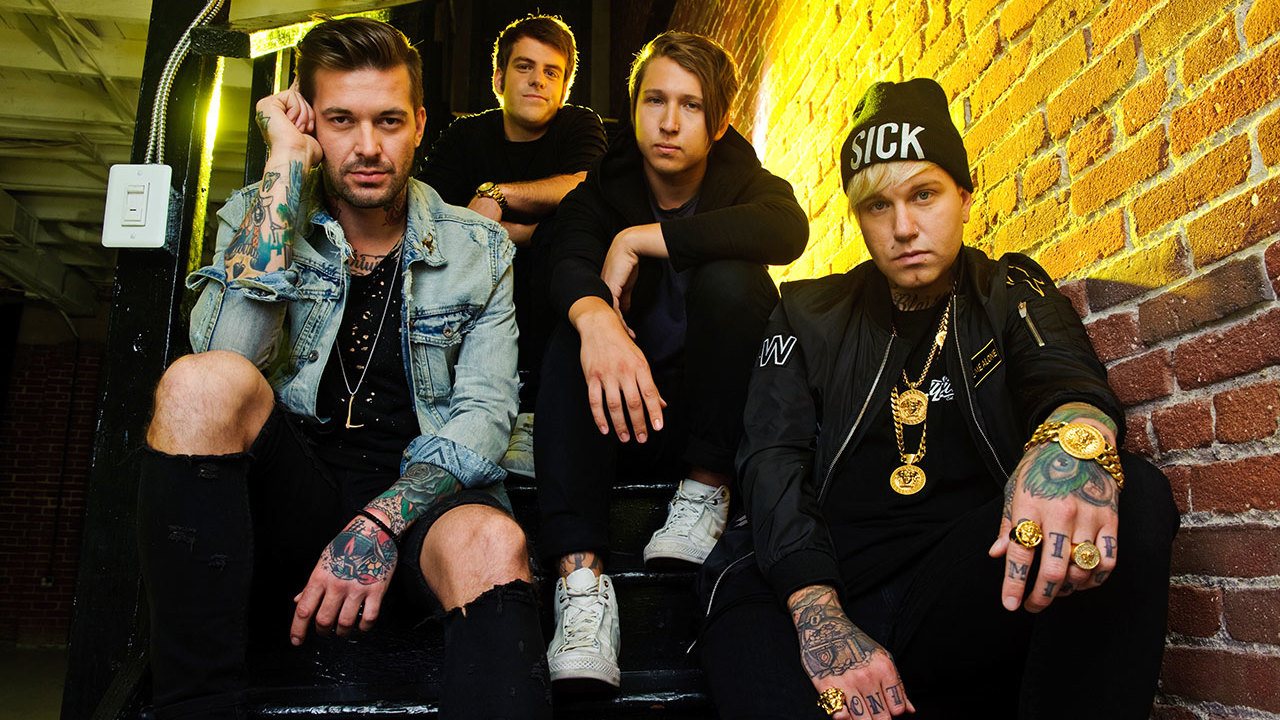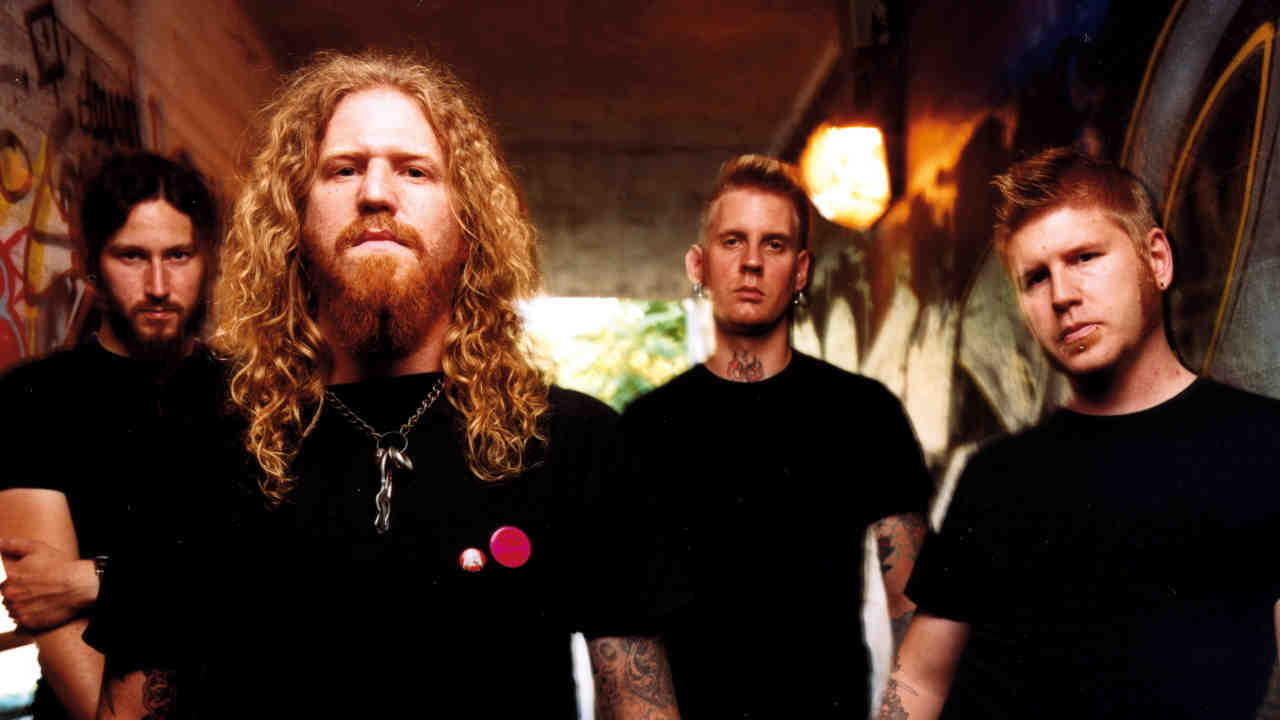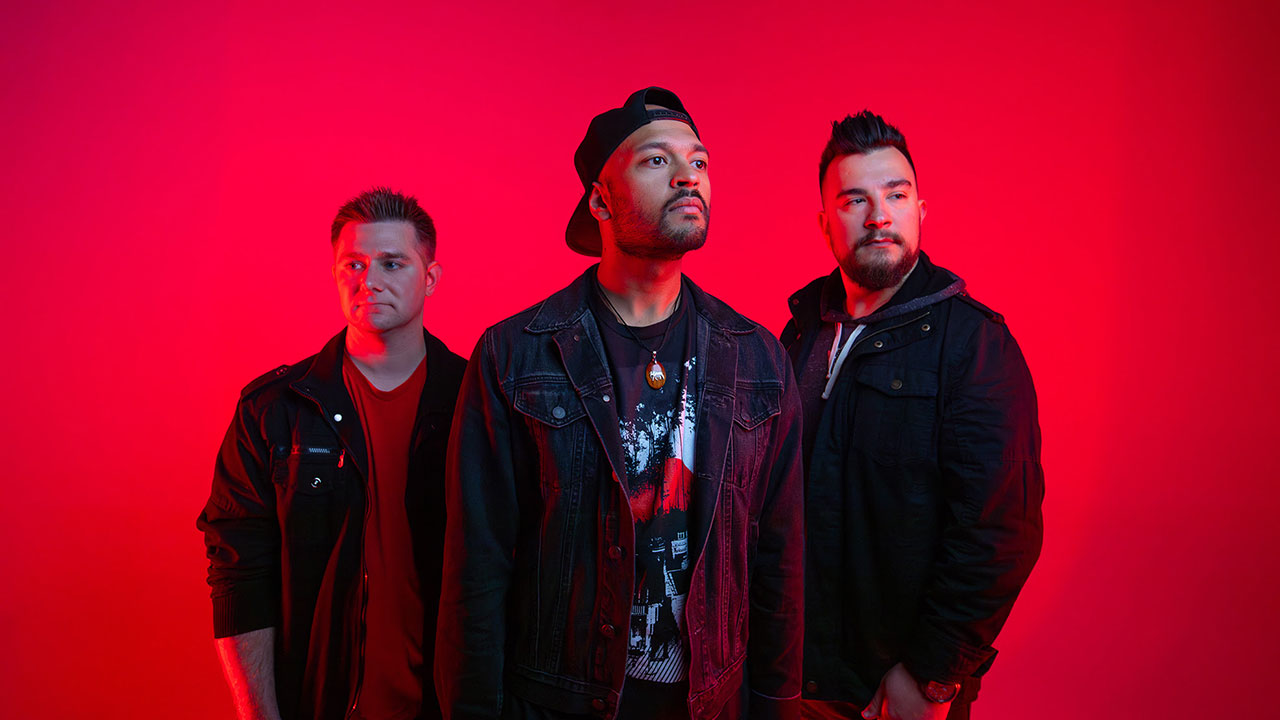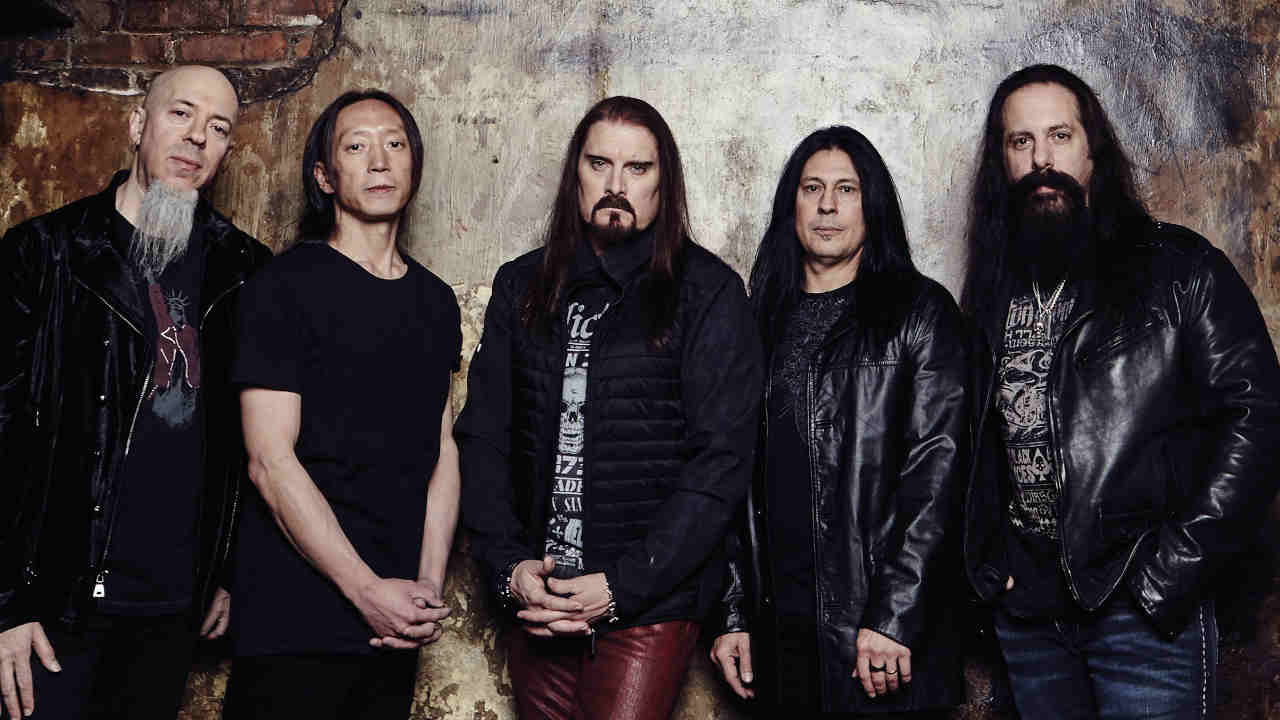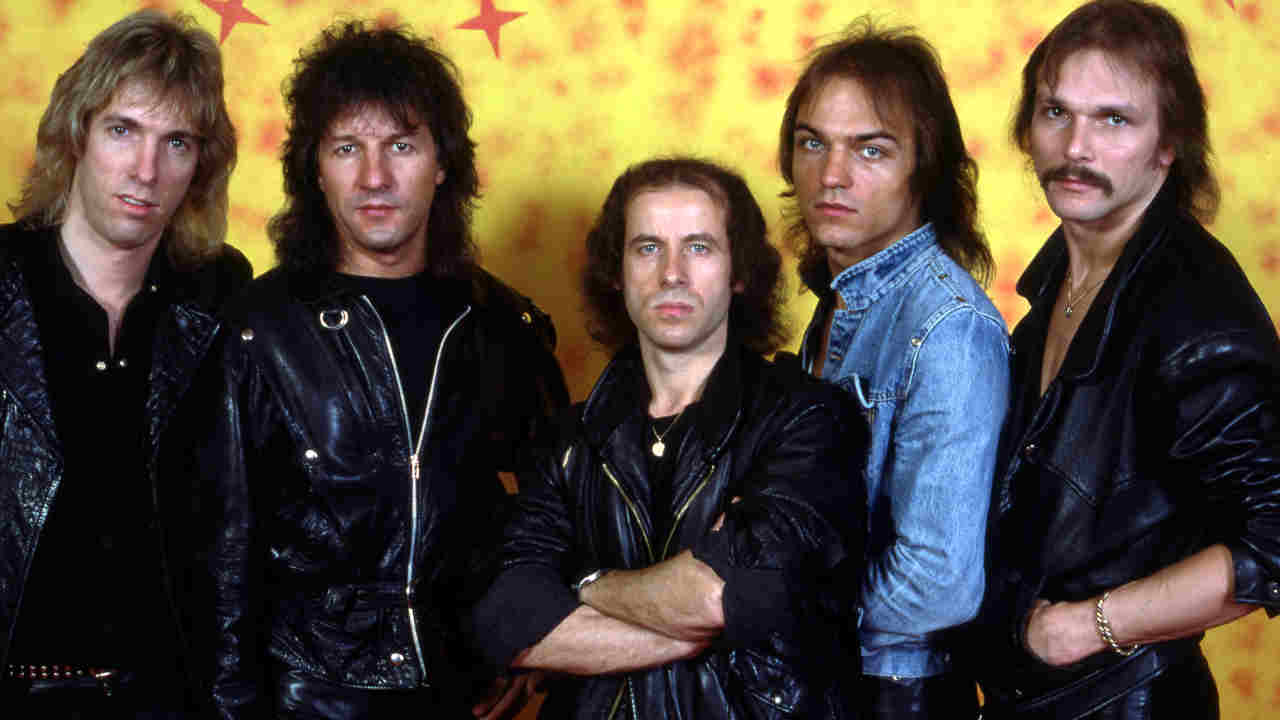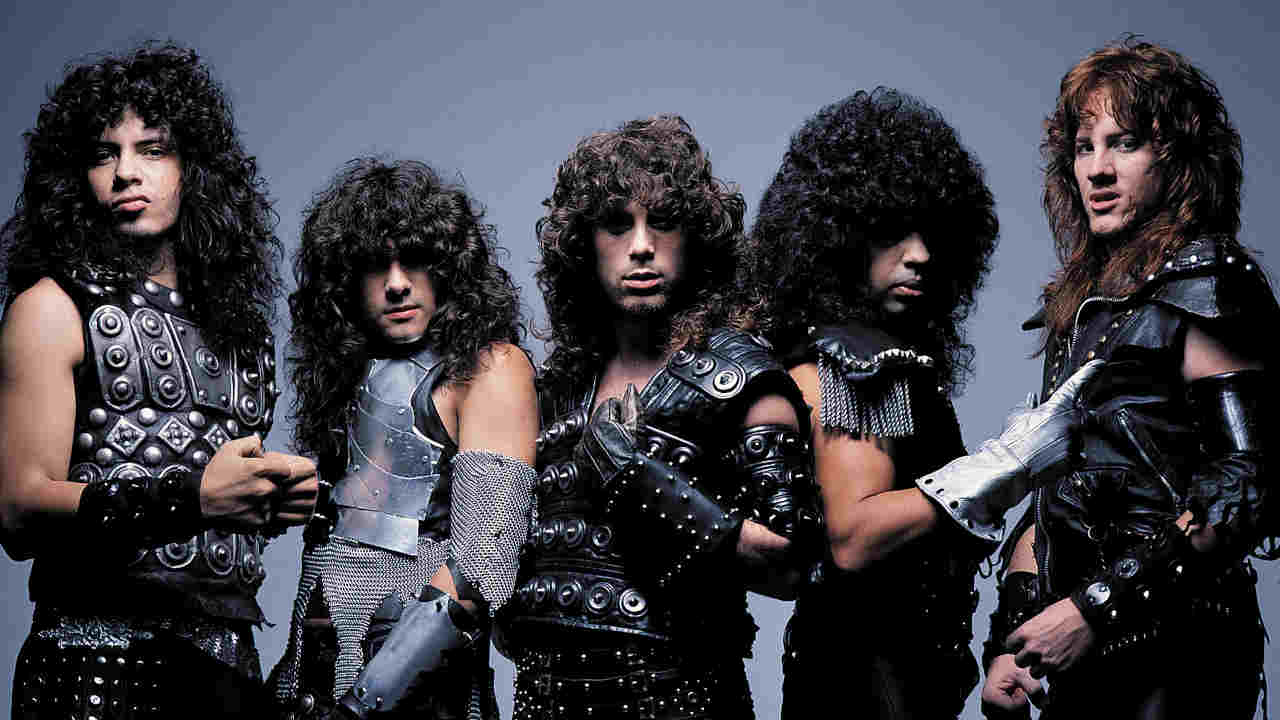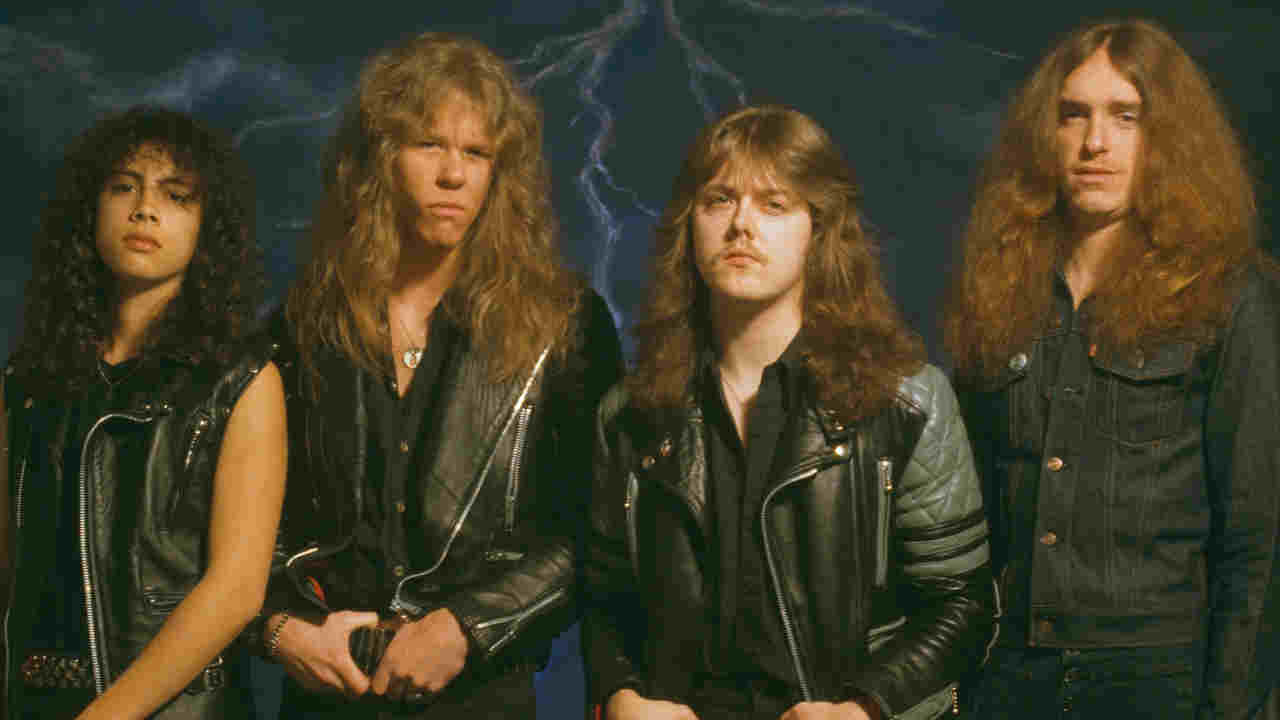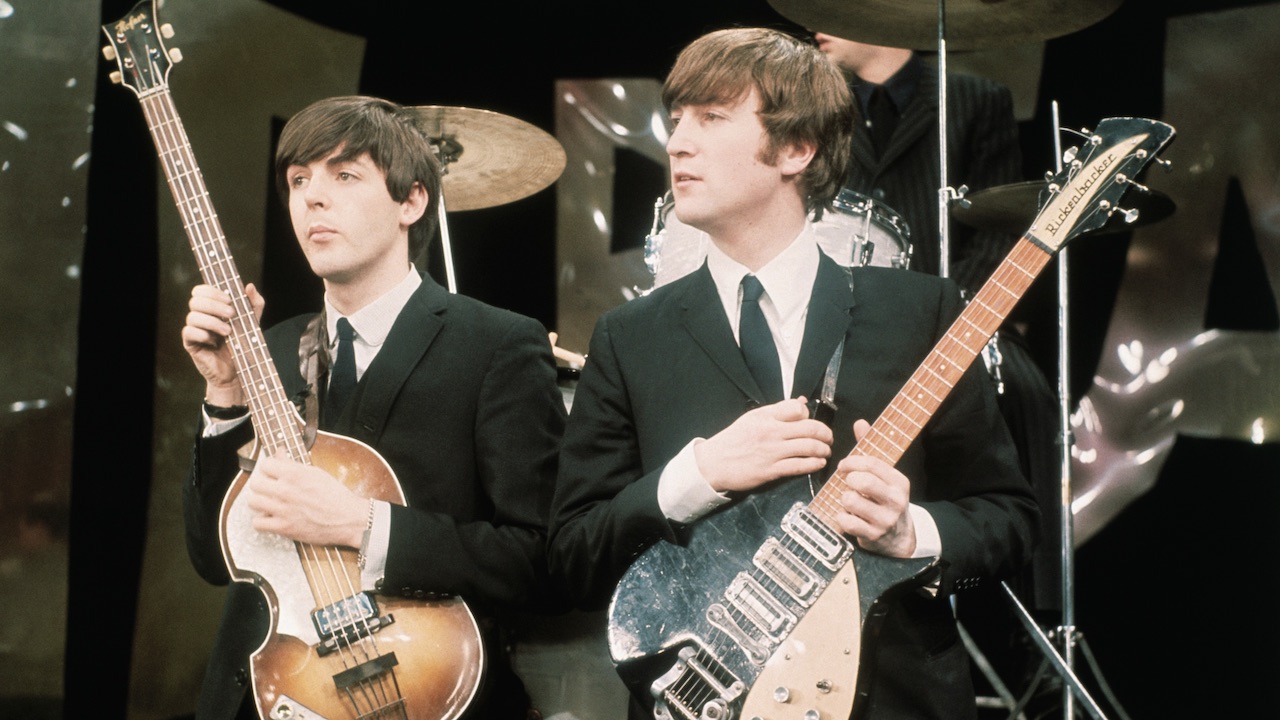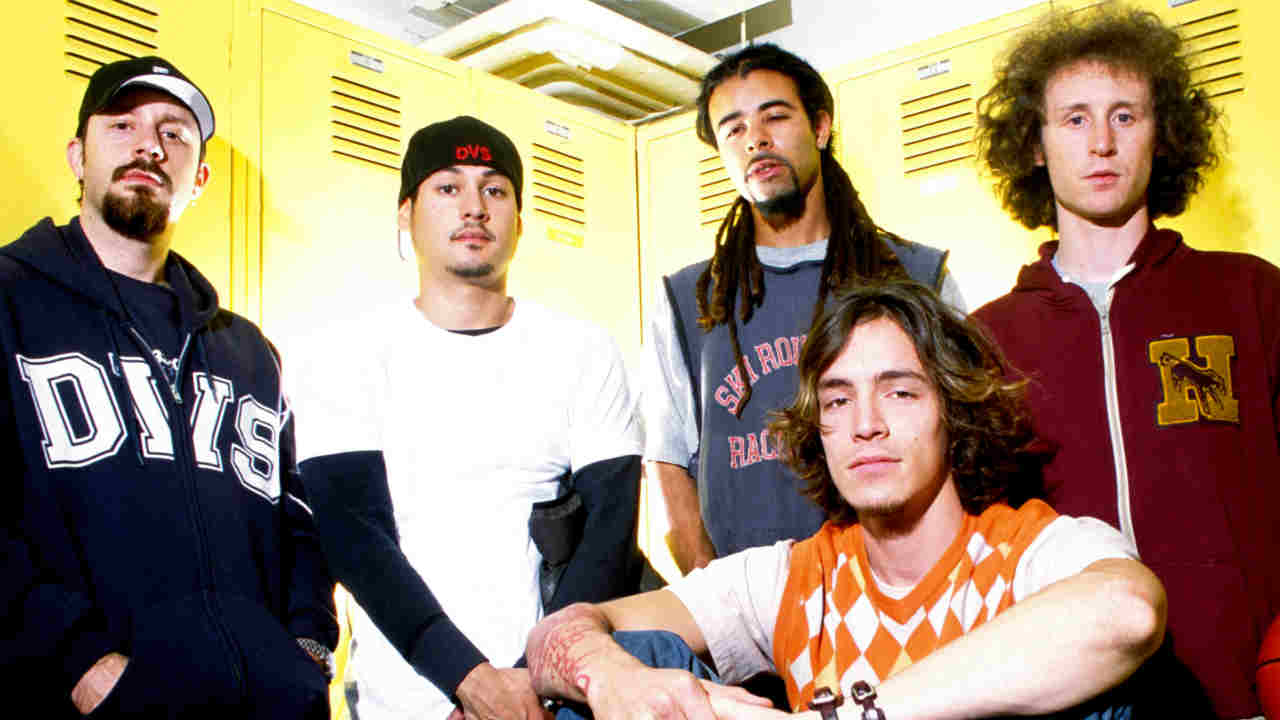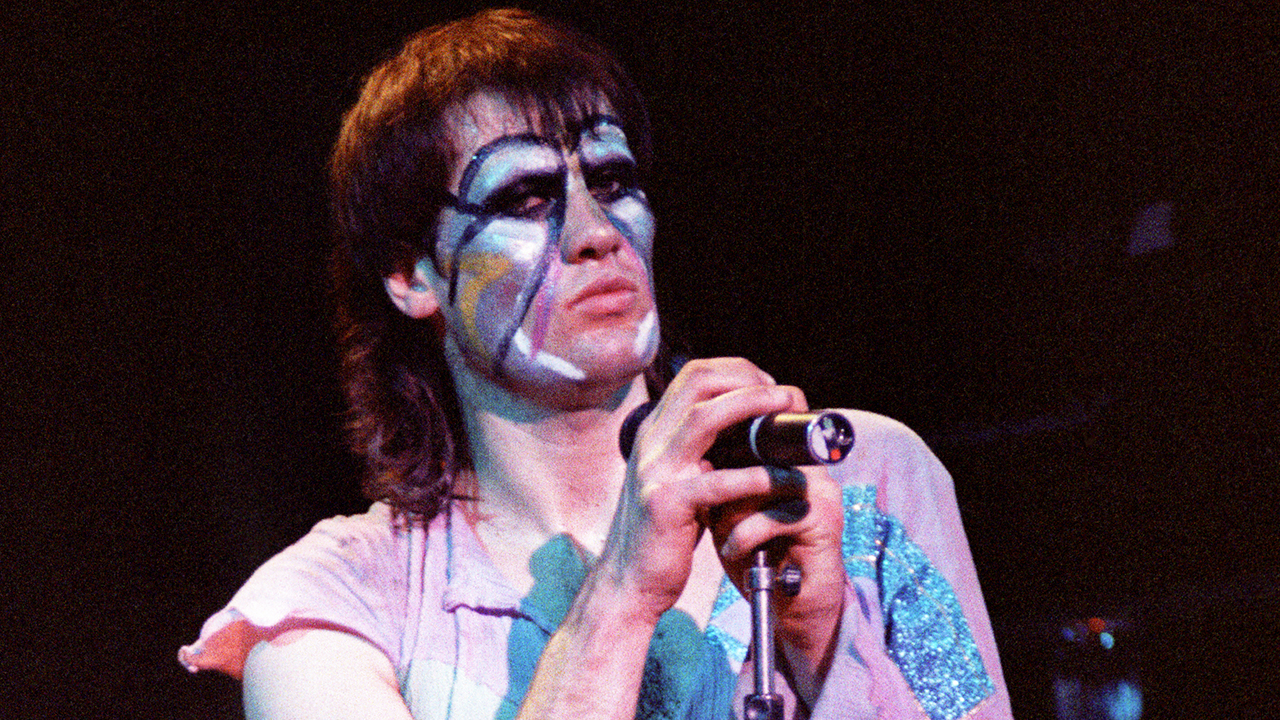If there’s one thing that can be said about Attila, it’s that they get people talking. Over the course of their career, they’ve come under fire for slogans on their merch that could be taken as misogynistic – in 2014 they released a t-shirt bearing the words ‘I will find your fucking bitch and fuck her right in front of you’ – and frequently refer to sex, hard drinking and partying in their lyrics.
Frontman Fronz seems to relish the controversy. Before the release of their single Public Apology, from the new album Chaos, he posted a video of the same name, in which he hinted that he was about to renounce all the questionable things he’d said in the past. When the song came out, the lyrics were clear: he wasn’t apologising, and the only thing he was sorry for was that people were so damn sensitive.
But who is the man behind the Fronzilla we hear in Attila lyrics? Does he really enjoy pissing people off that much? Metal Hammer caught up with Fronz to find out what he thinks about the controversy that surrounds him.
With Public Apology, the video you put out before the single was kind of trolling because it wasn’t an apology at all. Do you do it because you enjoy offending people, or do you really think people are too sensitive?
“Honestly, it’s a mix of both. Yes I really do enjoy offending people and pushing people’s buttons, but at the same time I feel like people are way too sensitive. I don’t know if this is something that’s always been around, because I just have this feeling that people were a lot less sensitive back in the eighties. I feel that rock ‘n’ roll was crazy and it was meant to push people’s buttons, and I feel like the newest trend in music is to be really straight-laced. They forget that the roots of rock and roll were really taboo. My goal with music [is for] people to feel is excitement or confidence or the ability to crush anything in their path. I’d like people to have a party vibe.”
There’s the song Queen on the new album, which describes a woman being at the front of a gig having her tits out.
“The whole purpose of that song is fuck the status of society. You can make your own choices. If you want to be in the front row of a concert and you choose to pull your tits out, that’s totally fine because that’s your choice and no one should judge you. You can look at the face value and look at the word ‘tits’ and get offended, or you can look at the song as a whole and think, ‘wow this is empowering’, because there shouldn’t be double standards for men and women.”
Yes, you’re right on that point. But it’s easy for people to read it another way and think you’re using misogynist tropes to be empowering.
“The meaning behind it isn’t offensive. A lot of our fans are women. Anyone can look at my social networks and know what I’m like. People that know us as people all know that we’re not misogynistic and I feel like if we push someone’s buttons enough that they’re offended, they could take the extra ten seconds and do a little research and be like, ‘this dude isn’t that crazy, [he’s] super nice and means no harm’. When people take things at face value and immediately resort to being offended or labelling us, I just think that’s just stupidity on their part.”
- Fans have sex on rooftop during Attila festival set
- Miss May I, We Came As Romans, Attila and more in SharpTone label launch
- Attila release stream of Public Apology
You’ve said before that all press is good press, but that if you write something which is deeper lyrically, nobody notices that. So is it the case that you’re trying to be as offensive as possible to keep that attention going?
“No, because like you just said, I’ve written really personal and meaningful stuff and people don’t give a fuck about that. I feel like I’m well-rounded because I do put that stuff out there. I have really high-quality content if people choose to digest that. I’m a kind of crude humour [person]. I say wild shit to my friends. It’s not out of my nature to write stuff like this. Sometimes I don’t have a very good filter. I feel like people shine a light on that side of me. Some of the stuff you’re quoting was written when I was like 14 years old too, so you have to keep in mind that I’m 26 years old now. Would you agree that a lot changes in a man from the ages of 14 to 26? I think that’s a huge part of your answer.”
Of course, people do change as they grow up. Do you feel, though, that being in the public eye comes with a bit of a responsibility to be a role model to younger fans, whether you want to or not?
“I think there are a shit load of aspects about me that are very role model-esque, but at the same time I’m not a role model, and I don’t think that everything I’ve done in life has been perfect. There are parts of me that people can take as a role model and parts that people can formulate their own opinion on. People that listen to Attila in the first place aren’t looking for a deep message, it’s just music that’s fun to them.”
OK, so with your new record, how have you moved things on from the stuff you’ve released before?
“This album is the most diverse album we’ve ever made. The goal was to create an album where from front to back it captures your attention for the entire time. Every song is vastly different, and we have so many different ranges and moods on this album. We went with a new producer and had a different writing approach to what we had in the past. I think it’s the best album we’ve ever made.”
You’ve also gone to SharpTone records. What was behind the decision to do that?
“There wasn’t a falling out [with our old label], but I can say that we weren’t the happiest with our old situation. Most bands in our position would have been free agents and self-released an album, but we really value what Nuclear Blast and SharpTone can bring to the table for us. They have a huge presence across Europe and that’s a territory we’re really growing in rapidly.”
Chaos is released on November 4, via SharpTone Records.
We Sent Our Most Metal Writer To An Attila Gig: This Is What Happened
